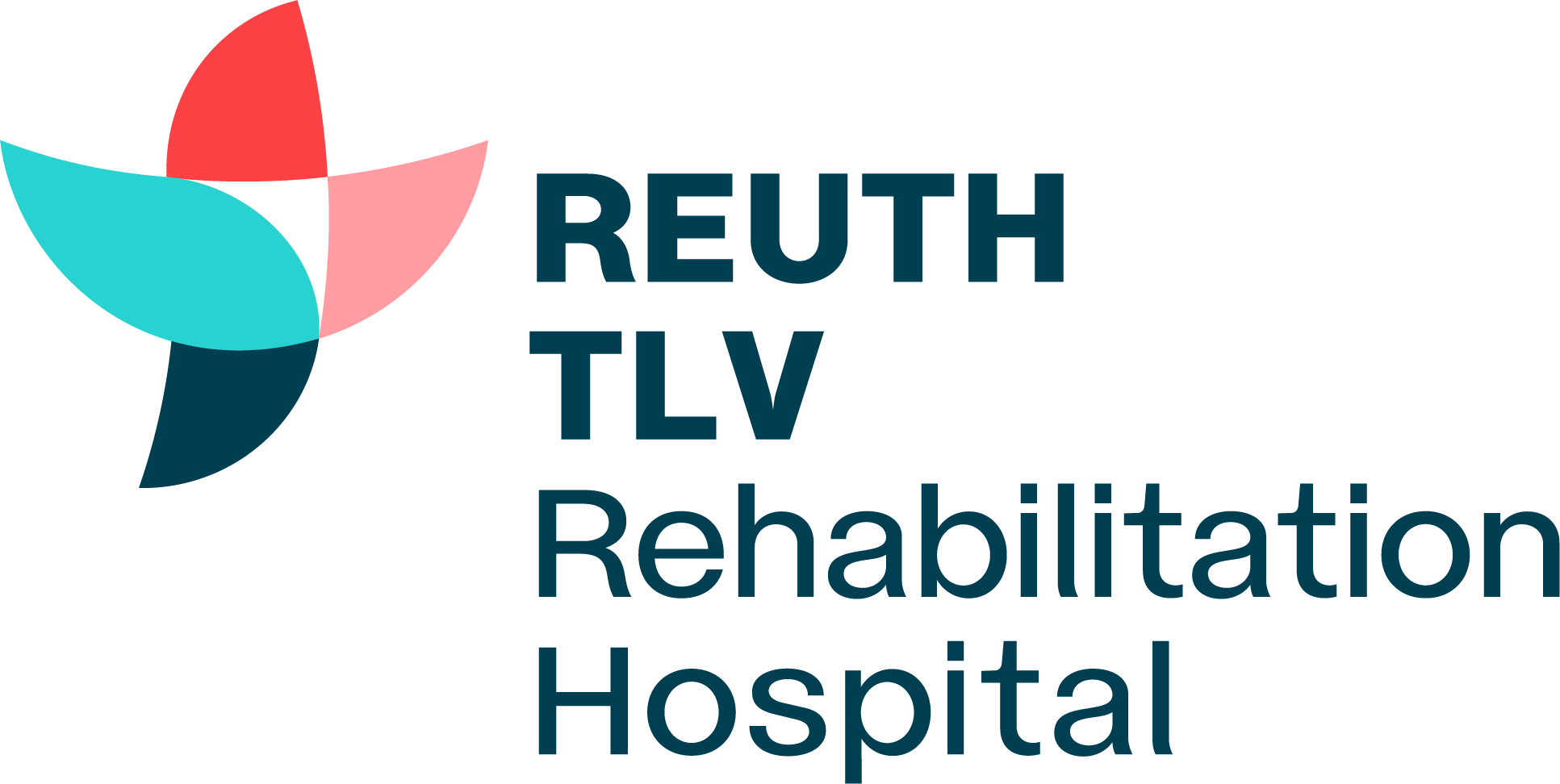Multiple sclerosis is one of the most prevalent diseases of the central nervous system worldwide. According to estimates some 2.5 million people worldwide suffer from it at present. The disease is most common amongst women, young people, and in countries distant from the equator. At present there is no medication to cure the disease however there are many medications which can change the course of the disease and enable a quality of life and functioning for these patients.
Multiple sclerosis is an inflammatory disease which attacks the myelin sheath – a fatty envelope that insulates the nerve cells and contributes to effective nerve conduction between the cells. This conduction is critical for transfer of information between the brain and the spinal cord and to the body’s systems.
The loss of myelin harms the good order of the nerve conduction, which can be expressed in numerous ways – weakness in the limbs, blurred vision, fatigue, a tendency to fall and problems with equilibrium and more. The disease is characterized by an unpredictable course – there are those who will suffer from regular deterioration in functioning while others will suffer from attacks with setbacks.
Rehabilitation treatment for multiple sclerosis patients
In many case treatment with medication alone is not sufficient to contend with the indications of the disease. Rehabilitation is part of the overall treatment plan for multiple sclerosis and emphasis is placed on functioning and non-pharmacological coping strategies. The objective of the rehabilitation is to empower the patient and encourage him to be as independent as possible, and to improve his quality of life. The objectives of individual rehabilitation treatment are determined together with the patient pursuant to the nature of his disease, the difficulties with which he is contending and his orders of preference.
The efficacy of the rehabilitation increases the more that the process is carried out by the rehabilitation team in coordination with the appropriate medical treatment for each patient.
It is desirable that multiple sclerosis sufferers be acquainted with the basic rehabilitation treatments and the contribution that they could offer to their functioning and quality of life with the disease:
- Physiotherapy: is effective in cases of weakness of limbs, abdomen and back – by offering treatments for strengthening muscles and increasing tolerance, and treatment for the rigidity of muscles and spasticity – by stretching and learning positions which help to control muscle tone. Physiotherapy can also help in cases of dragging the foot or a tendency to fall, to improve the gait, and for suitable auxiliary accessories for walking and mobility – starting from walking sticks and braces and through to wheelchairs or mobility scooters in cases of significant difficulties with mobility.
- Speech therapy: occasionally, dependent on the location of the damage to the central nervous system, patients with multiple sclerosis suffer from swallowing or speech disorders. The treatment by a speech therapist includes comprehensive assessment of the functioning of the muscles of the mouth, the tongue and swallowing and the ability of coordination between the respiratory system and the swallowing system. In cases in which there are difficulties in eating and drinking, or a tendency for aspirations (involuntary aspiration of saliva or food particles into the lungs), within the framework of this treatment it is possible to learn exercises to improve chewing and swallowing techniques – such as change of the positioning of the head or the body, a change of food textures etc. Furthermore assessment may be carried out as to decrease in linguistic and communication abilities and adjustment of individual treatment.
- Occupational therapy: treatment focussed on a range of daily functioning abilities, such as washing, dressing, cooking, walking, writing, participating in recreational and work activities. Furthermore it is possible to customize the treatment for cognitive disorders derived from fatigue or damage caused by the disease. Functioning rehabilitation in occupational therapy is personally customized pursuant to individual assessments for each patient.
- Emotional-psychological treatment: multiple sclerosis is a disease with an unpredictable course and thereby constitutes a continual threat that makes it difficult for the patient and his family to cope. A significant part of the rehabilitation process is learning effective coping strategies for this uncertainty and with the burden of the disease and the functional harm if there is such.
- Professional rehabilitation: the objective of the rehabilitation team is to offer the patient, as far as possible, maximum independence in his daily life, including an examination of the difficulties at his workplace, modification of equipment or work processes to the needs of the patient with the cooperation of the employer, and if necessary – suitable professional retraining.
The information presented in this article is general. It does not constitute medical advice or replace consultation with a physician. It should not be regarded as a recommendation or an alternative for medical treatment.
The information presented in the English website is partial. For full info please visit our Hebrew website
(image is for demonstration purposes unsplash)

 donation
donation 




“Reuth Information Center”, All rights reserved to Reuth rehabilitation hospital. Reuth Information Center is an informational site only. All information on the Website is not a replacement or a substitute for medical, legal, economic, consumer, financial or other advice and any use of the information on the Website is solely the responsibility of the User. Surfing is subject to Terms of Use.